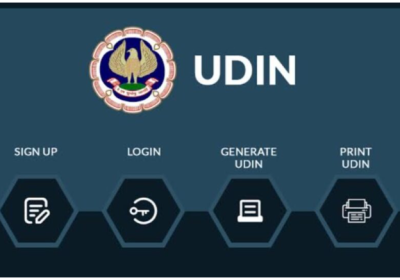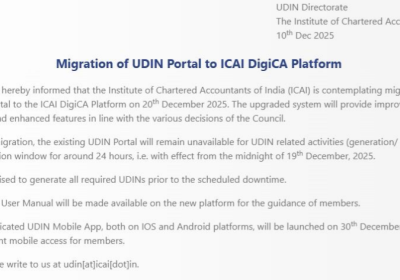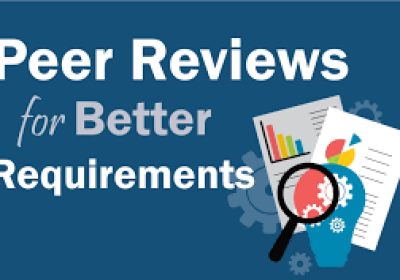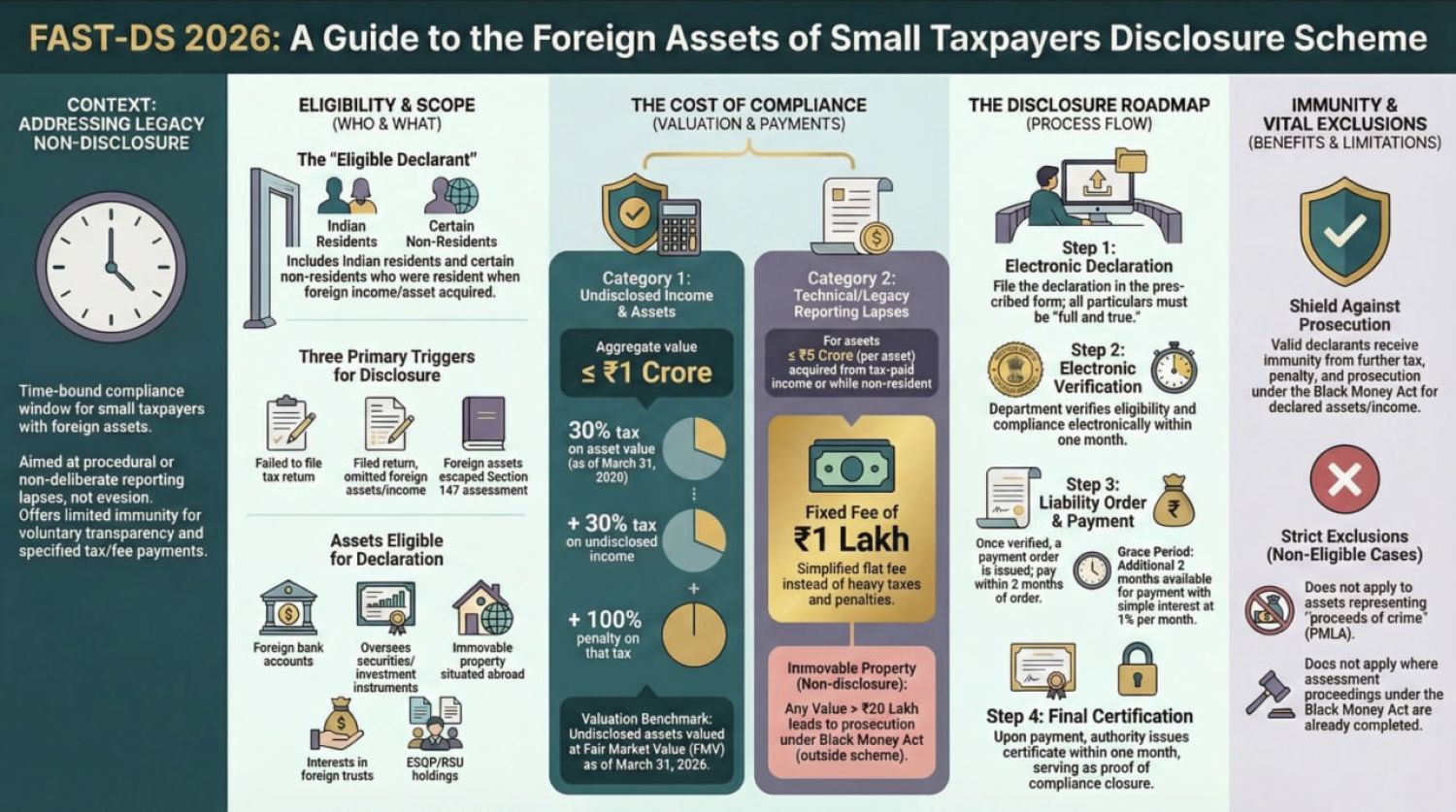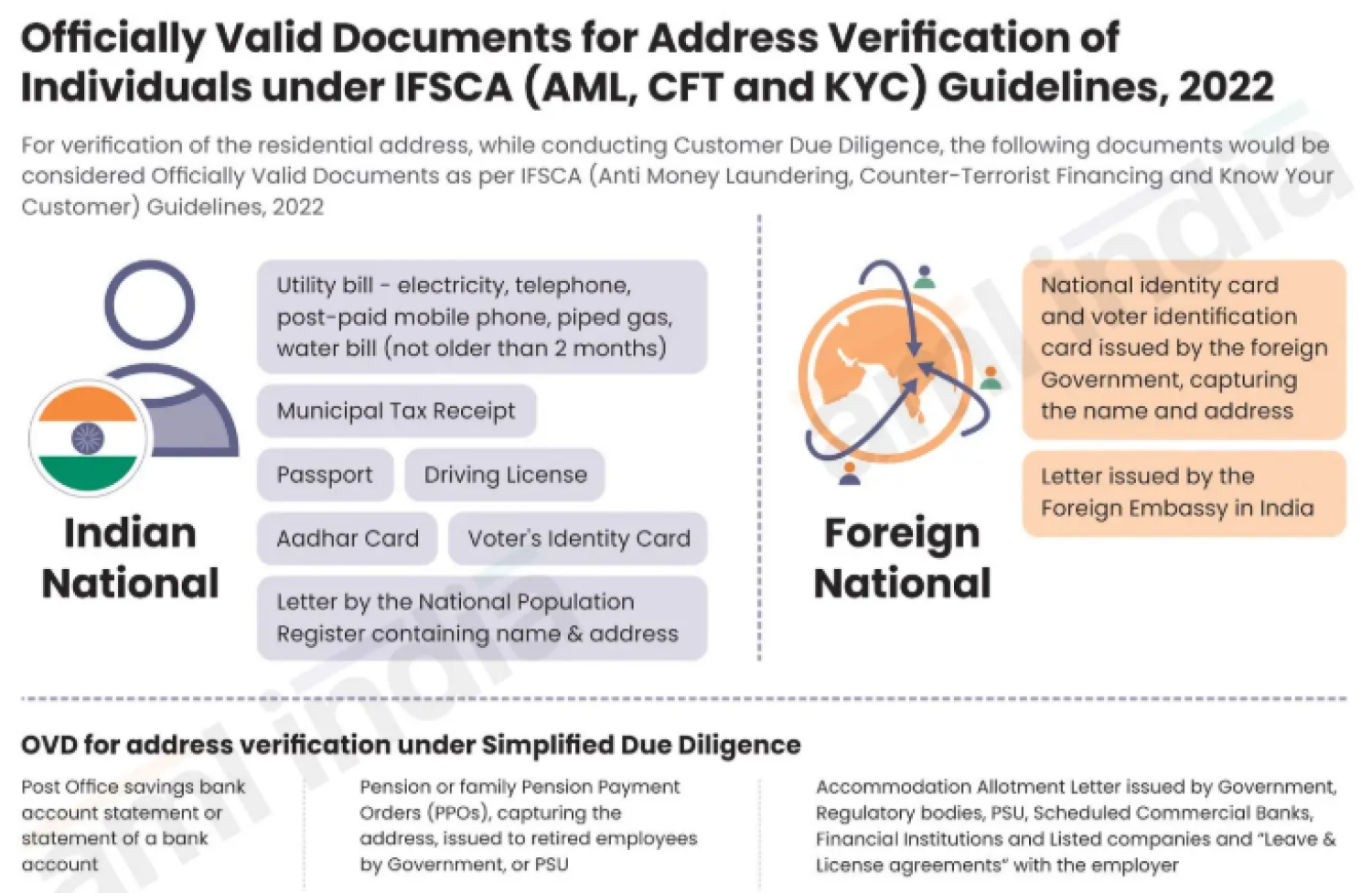Table of Contents

Overview on Peer Review Reporting including AQMM Reporting
Peer Review is a critical part of ensuring audit quality and adherence to professional standards in the audit profession. In India, the Institute of Chartered Accountants of India (ICAI) oversees peer reviews to assess the quality of services provided by practicing Chartered Accountants. Your perspective on Peer Review as a learning process rather than a punitive exercise is insightful and aligns with the core principles of the system. Peer review should indeed be a collaborative and educational process, where professionals share their knowledge and experiences to enhance the quality of services provided across the board. It is meant to improve the documentation, policies, and procedures of practitioners, ensuring they align with Standards on Auditing (SAs) and other regulatory frameworks, while also uplifting the overall quality of the profession.
Your approach, as you've mentioned, of helping colleagues improve their documentation and assisting them in creating effective policies and manuals, represents the ideal spirit of peer review. The purpose of this process should be to uplift one another, share best practices, and collectively raise the bar in audit and assurance assignments.
It's unfortunate that some colleagues may sometimes adopt a more regulatory or punitive mindset, treating the process as a compliance check rather than an opportunity for mutual growth. This can create unnecessary stress and alienation among members, which is counterproductive to the purpose of the exercise.
As you've rightly suggested, a commitment to treating Peer Review as a platform for learning rather than punishment is essential. Taking an "oath" to uphold this positive spirit, where the focus is on growth, collaboration, and professional development, can foster a more constructive environment that benefits both Reviewers and Practice Units (PEs).
With the introduction of the Audit Quality Maturity Model (AQMM), audit firms are encouraged to continuously improve their audit practices through a structured maturity framework, As per peer Review Guidelines:
(1) The Peer Review process shall apply to all the assurance engagements signed by a Practice Unit during the period under review.
(2) Once a Practice Unit is subjected to Peer Review, its assurance engagement records pertaining to the Peer Review Period shall be subject to examination and review by the Peer Reviewer
The Statutory Auditors of listed companies are mandatorily required to appoint Engagement Quality Control Reviewer. Any non-appointment is considered as serious non-compliance ~ Para 6(vi) of NFRA Order No. NF-23/46/2021; Dated 12.09.2022 . Further, appointment of reviewer may also be necessitated in terms of Code of Ethics - Volume 1 (https://resource.cdn.icai.org/55133CodeofEthics-2019.pdf)
There is a distinction between applicability of peer review and scope of peer review. While peer review applicability arises on the basis of 'statutory audit'; one that applicability arises the other prescribed services also fall in the scope of peer review. Note that even there is a difference between 'statutory audit' and 'external audit'
Peer Review forms
Form 1-Application cum Questionnaire to be submitted by the Practice Unit
Form 2-Acceptance cum Declaration of Confidentiality to be Submitted to the practising Unit.
Form 3-Application cum Declaration for Empanelment as a Peer Reviewer
Form 4 -Declaration Form to be submitted by Board members and SecretariatFor office Use only
Form 5 -Notice by Peer Reviewer for visiting the office of the Practice Unit
Form 6 -Format for seeking additional information from the Practice Unit by Reviewer.
Form 7-Joint application to be made by PU and RE for seeking additional time for completion of Peer Review
Form 8 -Letter seeking extension to the validity of Peer Review Certificate
Form 9 -Letter for submission of report by the Peer Reviewer to the Peer Review
Form 10 -Notice to be given to the Practice Unit by the Board in case of revocation of Peer Review Certificat
Form 1 is divided into four parts
1 Application part - to be filled by PU based on assurance services provided by PU during PR period and RE selection choices are asked therein.
2 Part A is PU profile. Complete Client list as per clause 22 to be submitted.
3 Part B is SQC based. Implementation Guide to SQC 1 should be referred.
4 Part C is AQMM self evaluated scores awarded by PU. Implementation Guide to AQMM should be referred.
If you go through the Report formats, it is self explanatory. Annexure I & II to be answered in Yes/No. At some places, Remarks are required. Reviewer may mention Remarks based on the observations. Annexure III is AQMM scoring based Level. Lowest score determine the AQMM Level. Implementation Guide to AQMM should be referred.
Preliminary report and Qualified Report formats are available on the webpage of Peer Review Board of ICAI.
AQMM required only when PU undertaking Statutory Audit of Listed Companies. Certification is a service that is not covered under definition of Stat. Audit.. Audit Quality Maturity Model version 2.0 (AQMM v 2.0) The AQMM v 1.0 has been made mandatory w. e. f. April 1, 2023, to the firms auditing the following entities:
(a) a listed entity; or
(b) Banks other than co-operative banks (except multi-state co-operative banks); or
(c) Insurance Companies
However, firms doing only branch audits are not covered.
Peer reviews, combined with the AQMM framework, play a pivotal role in enhancing audit quality in India. The AQMM helps audit firms not only comply with professional standards but also improve their audit processes continuously. Regular peer reviews ensure that deficiencies are identified and rectified, leading to a more robust and trusted audit profession.
Note : As per the ICAI's guidelines, visiting cards should not include any designation other than those specifically approved. This means only official positions like President, Vice-President, Council Member, etc., can be mentioned on the visiting cards. Any additional designations, including "Peer Reviewer," are not allowed

